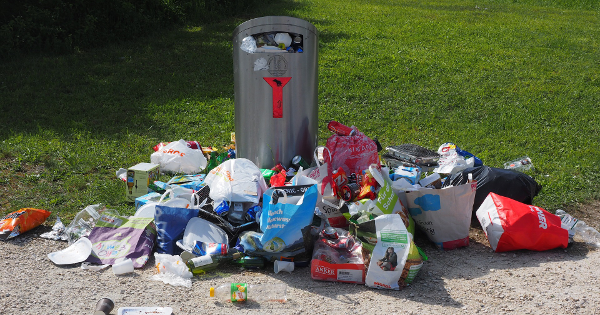
Junk bonds are bonds with low credit ratings.
The persisting environment of low interest rates has led many investors to seek yields wherever they can find them, resulting in increased demand for junk bonds.
Junk bonds have been evaluated by credit rating agencies as having a high risk of default. This risk means that companies with low ratings need to pay higher yields on their bonds to attract investors. Junk bonds are thus more risky than investment grade bonds but can potentially provide higher returns. Junk bonds are also known as high-yield, non-investment-grade, and speculative-grade bonds.
Podřadné dluhopisy jsou dluhopisy s nízkým úvěrovým hodnocením.
Přetrvávající prostředí nízkých úrokových sazeb vedlo řadu investorů k tomu, že vyhledávají výnosy kdekoli je mohou najít, což vede ke zvýšené poptávce po podřadných dluhopisech.
Riziko selhání podřadných dluhopisů bylo ratingovými agenturami vyhodnoceno jako vysoké. Toto riziko znamená, že společnosti s nízkým ratingem musí ze svých dluhopisů vyplácet vyšší výnosy, aby nalákaly investory. Podřadné dluhopisy jsou tedy rizikovější než dluhopisy investičního stupně, ale mohou potenciálně poskytnout vyšší zisky. Podřadné dluhopisy se také nazývají vysoce ziskové dluhopisy, dluhopisy neinvestičního stupně, spekulativní dluhopisy nebo prašivé obligace.
English Editorial Services’ mission is to assist international businesses and organizations of all sizes to communicate clearly, correctly, and persuasively with their business partners and target audiences.
Simply subscribe to receive our Business Term of the Day at no charge to your inbox each business day, with explanation in English and Czech.



English Editorial Services’ mission is to assist international businesses and organizations of all sizes to communicate clearly, correctly, and persuasively with their business partners and target audiences.
Simply subscribe to receive our Business Term of the Day at no charge to your inbox each business day, with explanation in English and Czech.

